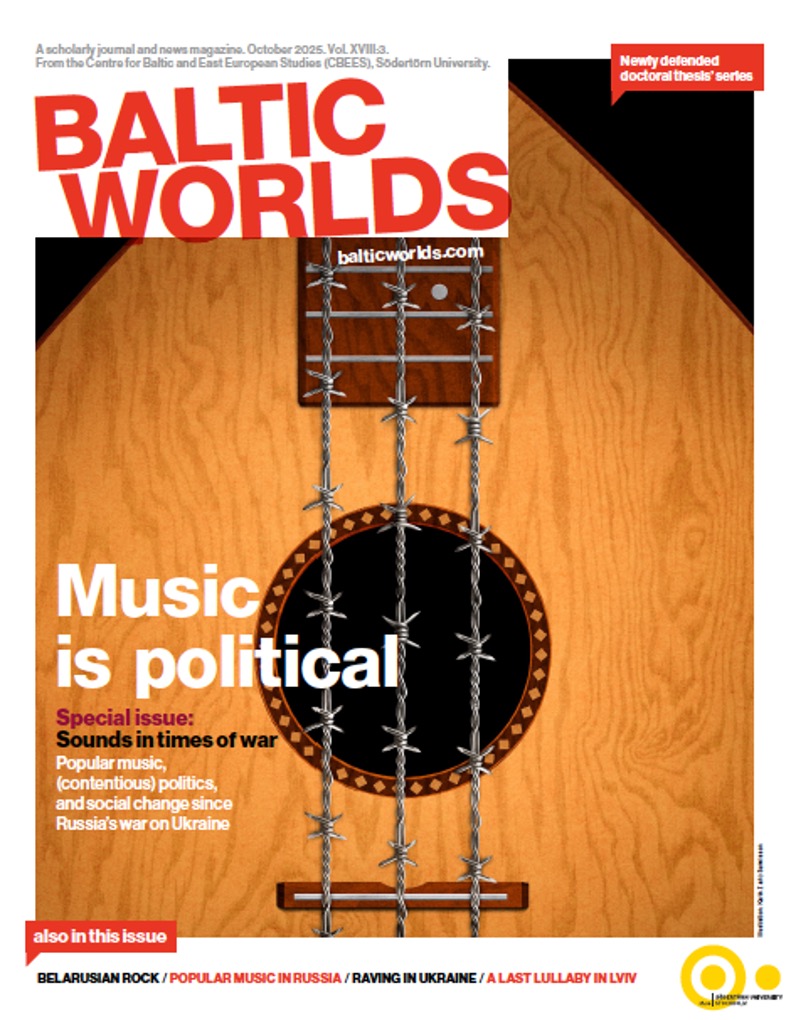THE SILENCE OF THE PINK CUBES
Minsk, the capital of Belarus, has always astonished foreigners with its peculiar eerie atmosphere. Broad, empty, impeccably clean avenues adorned with WW2 obelisks and pompous statues of Soviet heroes attracted untrained gazes reminding the guests of the city of the utopian settings by Orwell and Huxley. But to me, a born Minsker, they reminded more of a hospital — with the ghosts of the collective memory sanitizers leaders safeguarding imaginary peace and order

 Issue 2025, 3:
Issue 2025, 3: